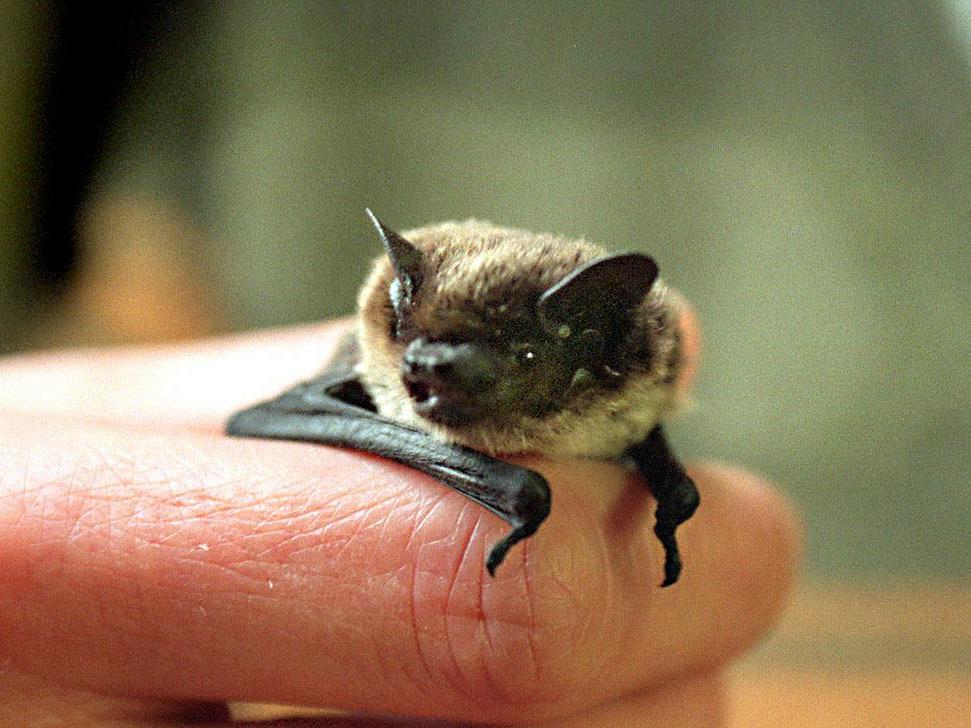Bat bites two-year-old boy in cot in ‘incredibly rare’ incident
Experts believe pipistrelle lost its way and flew into family home

A two-year-old boy was bitten by a bat which flew into his bedroom in Hull.
Kian Mallinson was taken to hospital for a precautionary rabies vaccination after the attack described by wildlife experts as “incredibly rare”.
His mother Jodie Smith said she was woken by the toddler’s screams in the middle of the night.
“He’s not talking yet so he couldn’t tell me what was wrong,” she told The Sun.
It was only the next morning, after he spent the rest of the night in her bed, that she discovered the bat lying in the boy’s cot.
“As I made his bed I flicked the duvet up,” she said. “The bat flicked out and started crawling across his bedroom floor. I was terrified.”
Wildlife of the world
Show all 19Ms Smith said she had no idea how the bat ended up in the cot.
“The window had been open earlier in the day so it’s possible it was in there when we put him to bed,” she added. ”It’s also possible it flew in through the bathroom window which was open.”
Louise Wilkinson, conservation policy and campaign manager with Yorkshire Wildlife Trust, said she suspected it was a young pipistrelle which “lost its way”.
“We’re obviously really sorry to hear what happened to the family and we wish the little boy well.
“It is incredibly rare for bats to enter a house and there is no reason for them to bite a human being for food purposes.
“The likelihood of being bitten by a bat is minuscule. They don’t do any damage, they’re very unnoticeable if they’re in your house, and the only recorded instance of biting is if they are being handled.”
Public Health England (PHE) confirmed the risk of catching rabies from bats is very low. The last case in the UK was in 2002.
“Rabies has not been found in pipistrelles – the type of bat most commonly found in UK homes,” said spokesman Dr Kevin Brown.
“However, as a precautionary measure, PHE recommends a course of rabies vaccine for people who have been bitten by any species of bat.”
The UK bat population has partially recovered in recent years following a decline over the last century.
Additional reporting by PA
Subscribe to Independent Premium to bookmark this article
Want to bookmark your favourite articles and stories to read or reference later? Start your Independent Premium subscription today.

Join our commenting forum
Join thought-provoking conversations, follow other Independent readers and see their replies